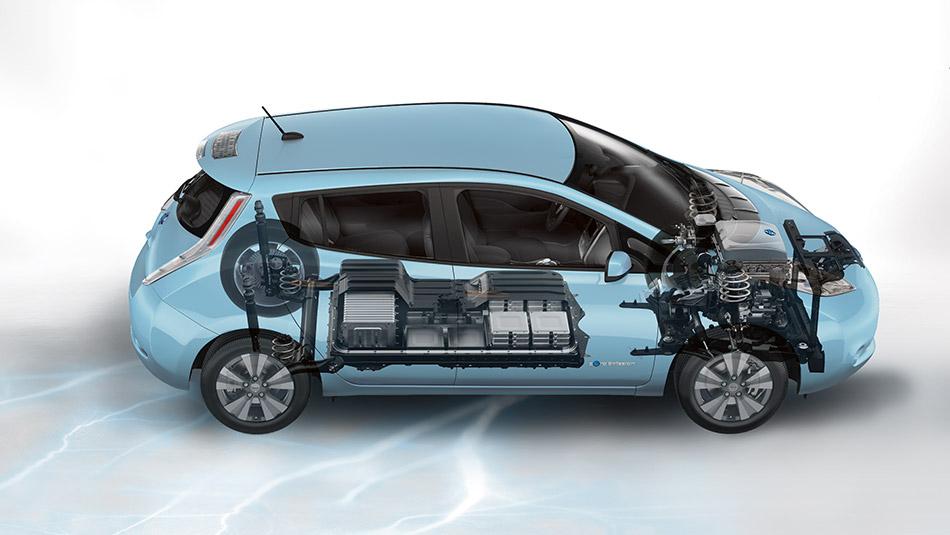Japanese car manufacturer, Nissan and American energy storage provider, Green Charge Networks have partnered to turn ‘second life’ electric vehicles into stationary energy storage products.
The partnership will see the companies offer the second life energy storage products in both American and International markets. The lithium-ion batteries will be sourced from Nissan’s LEAF electric vehicle which has sold more than 178,000 units since its 2010 launch.
The companies claim that the second life energy storage product offers a cost advantage over traditional energy storage applications, and the partnership is looking at targeting those markets that currently don’t benefit from energy storage incentives like the UK.
“A lithium-ion battery from a Nissan LEAF still holds a great deal of value as energy storage, even after it is removed from the vehicle, so Nissan expects to be able to reuse a majority of LEAF battery packs in non-automotive applications,” explained Brad Smith, director of Nissan’s 4R Energy business in the U.S. “Nissan looks forward to working with Green Charge Networks to get second-life vehicle batteries into the hands of customers who can realise benefits that include improved sustainability and lower energy costs.”
The first second life energy storage product will be installed at a Nissan facility this summer where the product will be used to offset peak electricity demand to help save on operating costs.
Vic Shao, CEO of Green Charge believes that the partnership will prove “extremely important to the distributed energy storage industry”. He continued: “This partnership is ultimately about power efficiency – reducing our carbon footprint, stress on the grid and energy costs.”





